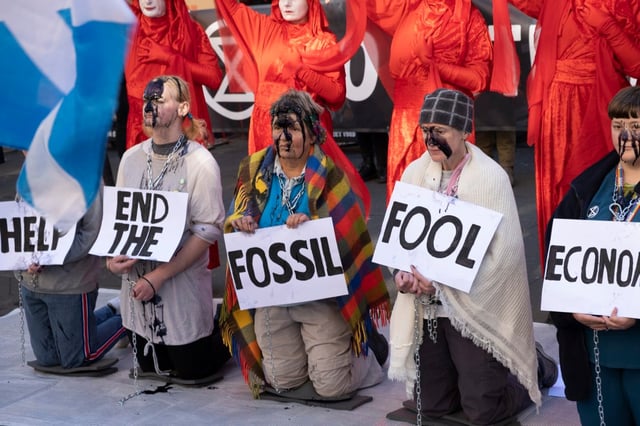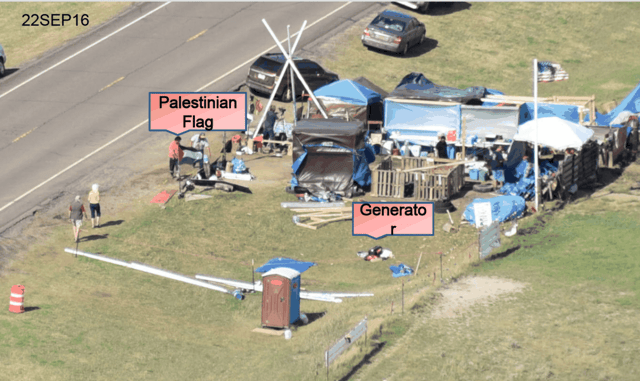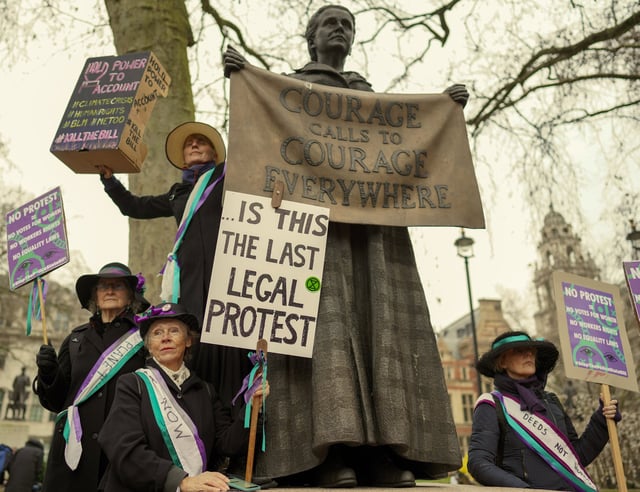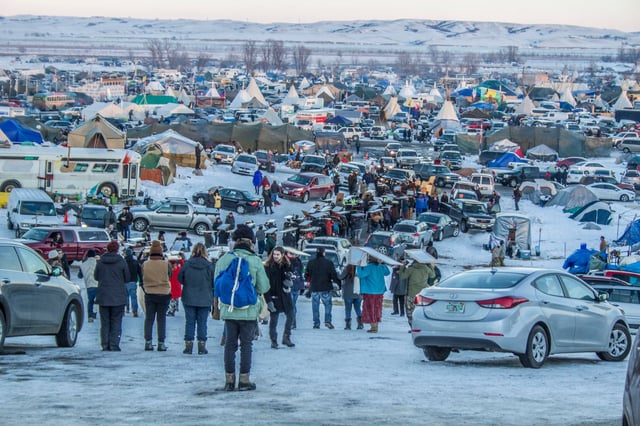Drilled • Season 10 Episode 13
S10, Ep13: Seven Years Later, an Environmental Impact Statement for the Dakota Access Pipeline
About This Episode
Transcript
This month, the U.S. Army Corps of Engineers closes the comment period on its draft Environmental Impact Statement for the Dakota Access Pipeline, a 1,172-mile pipeline that’s been pumping 500,000 barrels of oil per day since May 2017.
The pipeline runs from the Bakken oil fields in North Dakota to southern Illinois, crossing the Missouri and Mississippi Rivers. Over the past six years, every court in the country has ruled that the Army Corps of Engineers did not study the pipeline’s environmental impact closely enough before approving the pipeline’s route. The Standing Rock Sioux tribe has maintained all along that the project poses a serious threat to its drinking water. From April 2016 to February 2017 thousands of water protectors from all over the country (and beyond) joined them in protests and direct actions. The resistance at Standing Rock is often cited by the fossil fuel industry, police and politicians as the reason states need new anti-protest laws, while the backlash to that resistance is often cited by water protectors as the reason for PTSD, asthma, and in some cases lost eyes and limbs.
Now, the Army Corps of Engineers says that removing the pipeline would be too damaging to the Missouri River and its surrounding ecosystems. The removal actions it describes in its EIS are the same actions taken to install the pipeline in the first place. The Army Corps suggests that removing the pipeline would be more environmentally harmful than allowing the oil to continue pumping under one of Standing Rock's primary drinking water sources. Nonetheless, this report—seven years late—represents one of the few pathways left to stop the pipeline.
The Standing Rock Sioux tribe is advocating to seal the pipeline off, while some water protectors are advocating for the pipeline to be removed entirely. The public comment period closes Dec 13, 2023.





